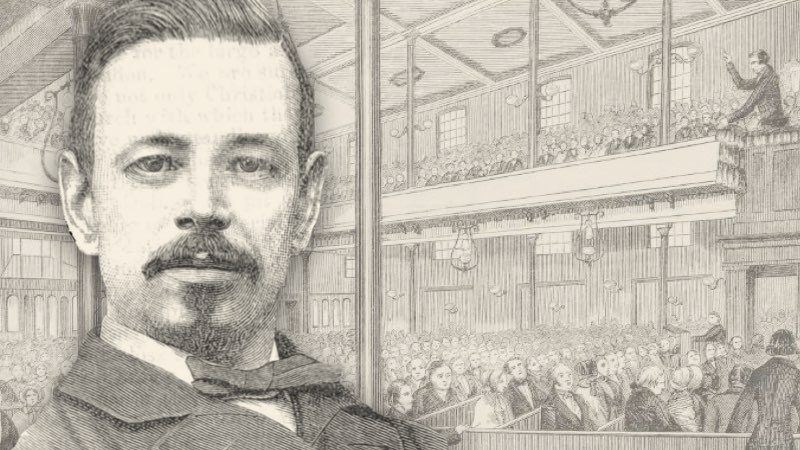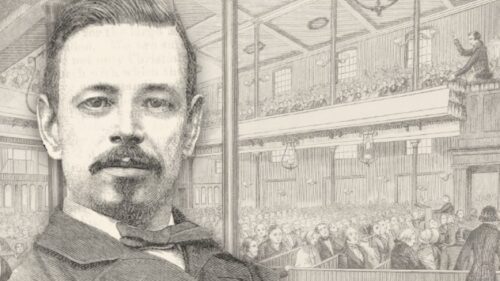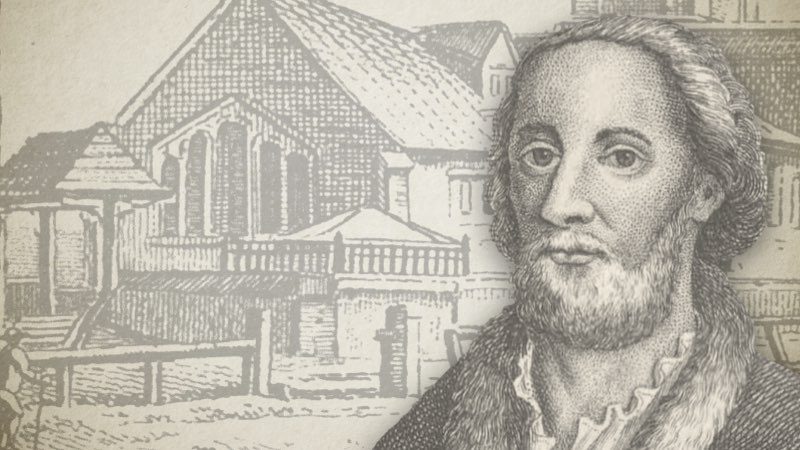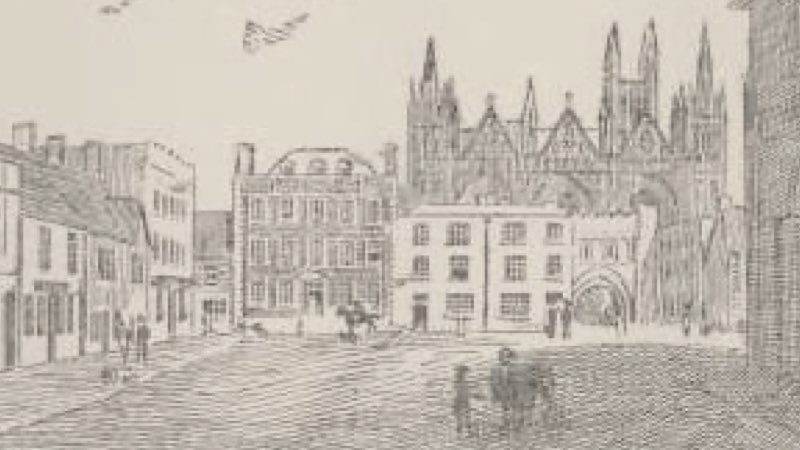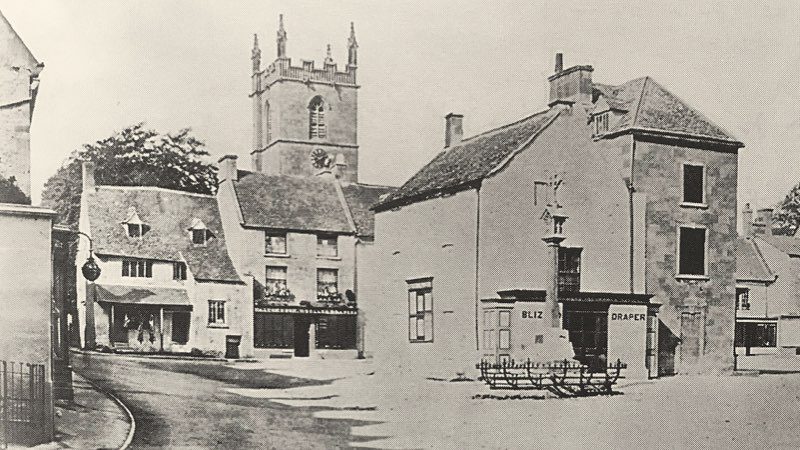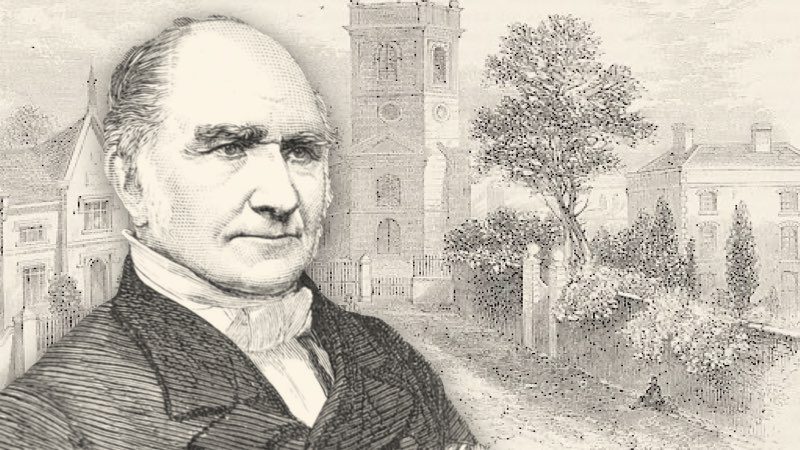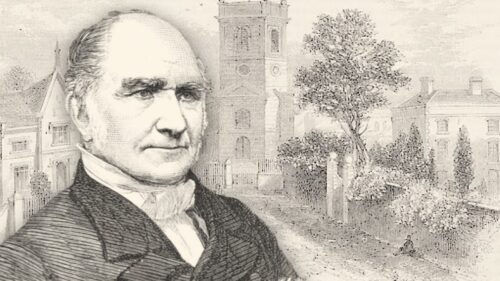-
The Life And Ministry Of Obadiah Dolbey
Mr. Obadiah Stephanus Dolbey, the Pastor-elect of the Surrey Tabernacle, is a Yorkshire man, of humble but respectable origin, who, like two of our most popular London preachers, claims to have received no distinguished advantage from any of our great schools of learning, but what he has come short of in this respect he has gained literally, as his honoured predecessor, Mr. James Wells, did, by dint of energy and perseverance, which have determined the progress and success of many of the best of England's great men. But he owes what he is as a man, as a Christian, and as a pastor to the grace of God. Mr. Dolbey's father being a godly man, he may have had some special impression of mind that…
-
The Life And Testimony Of John Oldcastle
Sir John Oldcastle was born in the reign of Edward III. He obtained his peerage by marrying the heiress of that Lord Cobham, who with so much virtue and patriotism opposed the tyranny of Richard II. He was much esteemed by King Henry IV but that which made him truly noble was, that God was pleased in those dark times, to reveal the truths of the gospel of Jesus Christ to him, of which he became a zealous professor, and a valiant defender, especially of the godly ministers who were our first reformer Wycliffe's disciples, whom he protected against the rage of the persecuting clergy, who bore the greatest sway in those popish times. This occasioned him to become the butt of their envy and…
-
The Life And Ministry Of J. T. Smith
I well knew and truly sympathised with the deceased in his trials and afflictions. A few words, perhaps, as to my first acquaintance and connection with him may not be uninteresting. In 1858, I received a letter from him, he being a perfect stranger to me, mentioning his exercises about remaining in the Church of England. He was then vicar of Winterton, near Brigg, Lincolnshire, worth, perhaps, from £200 to £250 a year. I liked the general tone of sincerity which breathed through his letter, and invited him to come and spend a few days with me at Stamford, as I knew that conversation was a far better medium of communication than correspondence. He accordingly came, and, as I expected, I found him remarkably sincere…
-
The Life And Ministry Of Robert Roff
My deceased friend was called by grace about the year 1823. While under great exercise of soul, as he walked with me he used to sigh and groan, not knowing what to do; and sometimes along-side a wall near the road which led to my home he would pour out his soul in prayer to God. When parting he would say, "Do pray for me;" and I being in the same state of feeling, would reply, "And you pray for me." When we went on the Lord's day to the Baptist chapel, his looks in some measure spoke out the inward feelings of his soul, as if weighed down with grief and sorrow. Sometimes when I have met him, his first looks seemed as if…
-
The Life And Testimony Of Thomas Jones
I complete my fourscore and three this day. A considerable excess on the years commonly allotted to Adam's children. Moses reckoned the "days of our years as threescore years and ten; and if, by reason of strength, they he fourscore years, yet is their strength labour and sorrow" (Psalm 90:10). No doubt this, in the general, describes a protracted life in its decadent stage, "when the keepers of the house tremble, and the strong men bow themselves" (Ecc. 12:3); but I am bound to say these conditions are mercifully mitigated in my own case thus far, so that, though daily reminded by unmistakable symptoms that I am an old man, I enjoy a fair degree of bodily health, and my principal sorrow is such as…
-
The Life And Ministry Of Thomas Jones
Instead of this month continuing (as intended) my notice of more of the godly ministers of past days, I will tell a little of our very old friend, who has just closed a ministry of upwards of sixty years honourably, steadfast in the faith to the end, and extensively useful. Mr. Thomas Jones, of Broseley, Shropshire, who was called home on July 4th, in the eighty-ninth year of his sage. Born in a humble cottage at Bridgenorth, March 4th, 1795, and his mother dying in his early childhood, he was cared for by her mother, but had no early advantages of education; and after the custom of those days, and that mining, quarrying, and clay-working district, had to be inured to early toil. When some…

